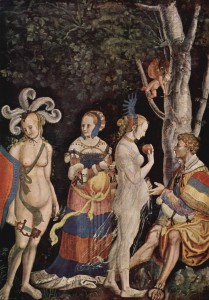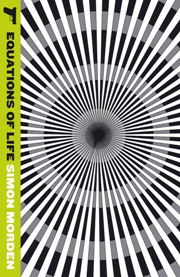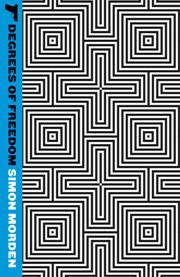When Ginia Bellafante at the New York Times and Troy Patterson at Slate condemn “Game of Thrones,” they are expressing something that genre writers and readers have experienced often with people who consider themselves the guardians of high culture. They condescend eloquently, but without convincing arguments. The disdain they have for the show is less for the execution or artistry of the production than for the genre it comes from. Ms. Bellafante manages to alienate women who read fantasy (who, in fairness she does agree exist). Mr. Patterson indulges in a couple opening paragraphs of his own fiction, padding out his wordcount with descriptions of his mail. Neither of them make a convincing case, and cover up the fact with biting but unfunny wit.
This happens all the time.
From the creative writing professor who won’t accept “that kind” of work to the friend who sneers at you for buying the latest Harry Dresden to the professional critic who will make grand generalizations instead of real arguments, people who are interested in high culture – and in gaining social status by what they read and who they look down on – have always found an easy target in fantasy and science fiction. If they were strapped down and shown the importance and relevance of Ursula Le Guin, Philip K Dick, Octavia Butler, Stephen King, and the other giants in the field, it wouldn’t help. Be angry at the sun for setting if these things anger you, (he says, quoting Robinson Jeffers).
But they bring up what is, to me, a more interesting question. The editors of Slate and the New York Times have selected these people and given them high-status venues from which to express their opinions. They expect me and their other readers to appreciate these reviews and to care what the reviewers think. My question is: why?
(more…)

















